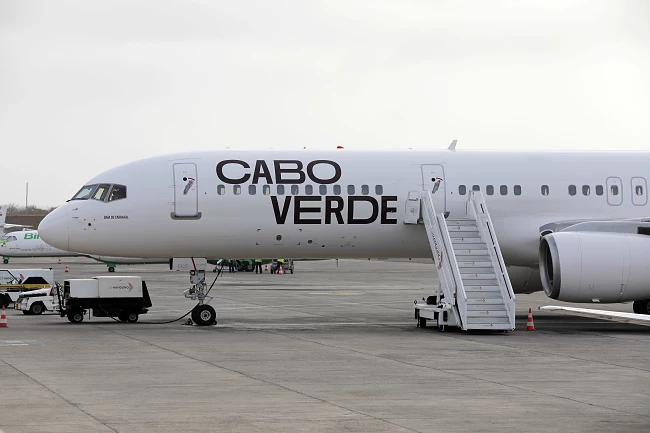In a bold move to reestablish its presence on the international aviation stage, Transportes Aéreos de Cabo Verde (TACV), the national airline of Cape Verde, is set to resume direct flights to Brazil and the United States. This strategic expansion aims to strengthen ties with the Cape Verdean diaspora, boost tourism, and invigorate the nation’s economy.
Cape Verde’s diaspora significantly outnumbers its domestic population, with substantial communities in both the United States and Brazil. The U.S. hosts a vibrant Cape Verdean population, particularly concentrated in New England, with Massachusetts and Rhode Island being notable hubs. This community has long awaited the restoration of direct flights, which were suspended due to financial constraints and the COVID-19 pandemic. The resumption of these routes is not merely a logistical enhancement but a cultural re-connection, facilitating easier travel for family visits, business endeavors, and cultural exchanges.
Tourism is a cornerstone of Cape Verde’s economy, contributing significantly to GDP and employment. The nation has witnessed a steady increase in tourist arrivals, with numbers reaching approximately 1.2 million in 2024, marking a historic milestone. The direct flights to Brazil and the USA are poised to further augment these figures by tapping into new markets and making the islands more accessible to international travelers.
The archipelago’s unique blend of African and Portuguese cultures, pristine beaches, and stable political environment make it an attractive destination. By enhancing connectivity, Cape Verde aims to position itself as a premier tourist destination in West Africa, capitalizing on the growing global interest in sustainable and culturally rich travel experiences.
The resumption of these international routes is expected to have multifaceted economic benefits. Increased tourism will stimulate sectors such as hospitality, transportation, and retail, leading to job creation and infrastructure development. Moreover, improved air connectivity is likely to attract foreign investment, fostering economic diversification.
TACV’s strategic partnerships, including past collaborations with Icelandair, have been instrumental in restructuring and modernizing the airline. These alliances have provided technical expertise and financial support, enabling TACV to enhance its operational efficiency and service quality.
While the prospects are promising, TACV faces challenges that require careful navigation. The airline must ensure compliance with international aviation standards, particularly the Extended-range Twin-engine Operational Performance Standards (ETOPS), to operate long-haul flights safely. Additionally, maintaining financial sustainability is crucial, necessitating prudent management and continuous evaluation of route profitability.
Environmental considerations are also paramount. As global awareness of aviation’s environmental impact grows, TACV must adopt sustainable practices, such as fleet modernization and carbon offset programs, to align with international environmental standards and appeal to eco-conscious travelers.
TACV’s initiative to resume direct flights to Brazil and the USA is a strategic endeavor that transcends transportation. It is a testament to Cape Verde’s commitment to reconnecting with its diaspora, bolstering tourism, and stimulating economic growth. By addressing operational challenges and embracing sustainable practices, TACV is poised to play a pivotal role in shaping Cape Verde’s socio-economic landscape and reinforcing its position in the global aviation industry.




